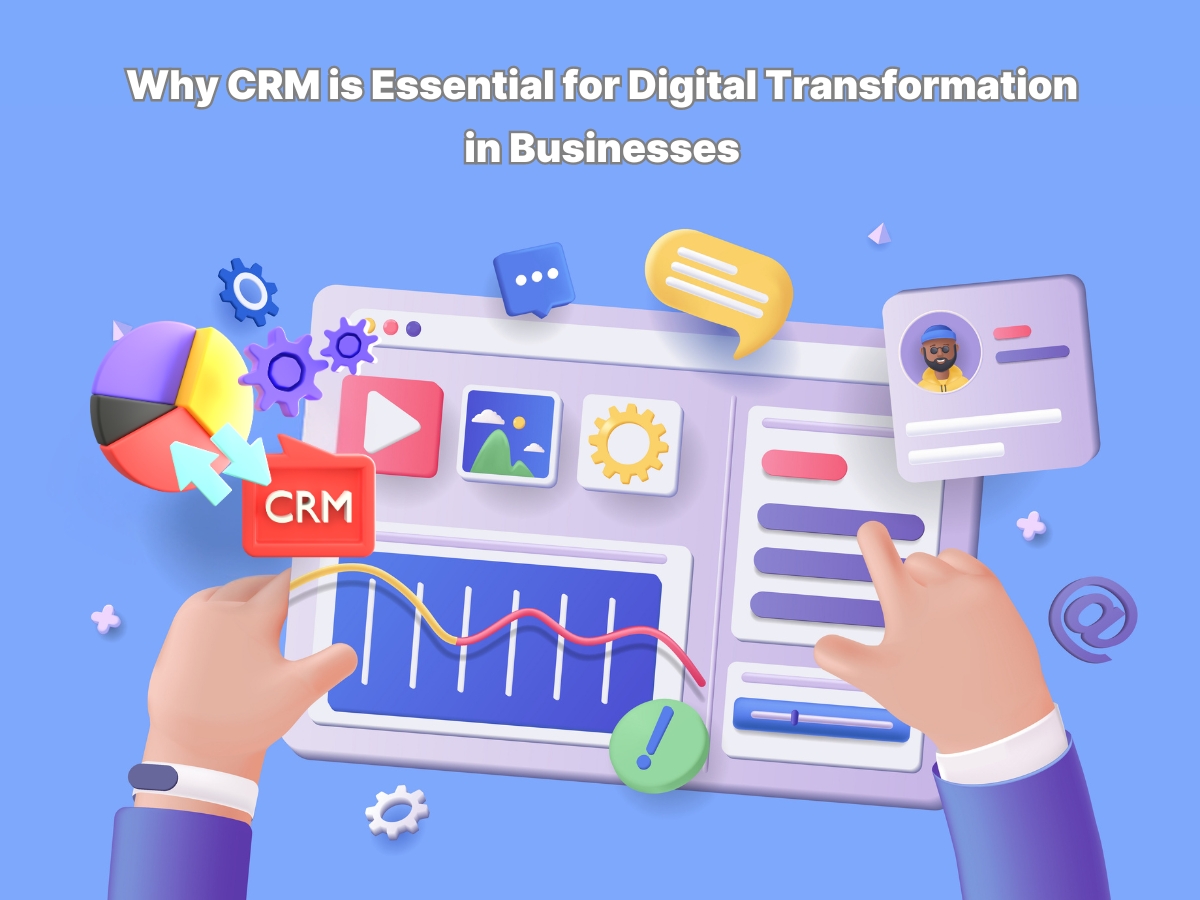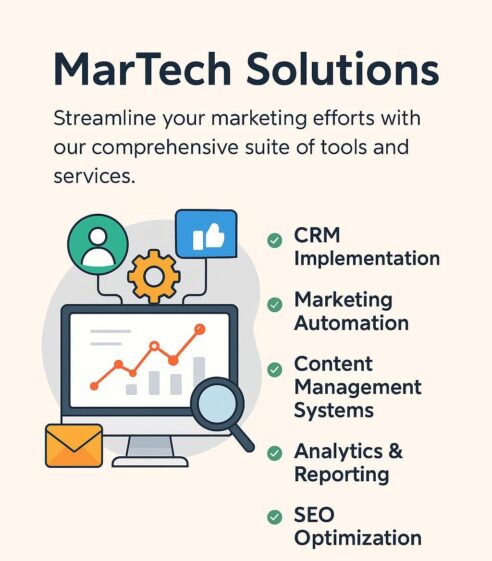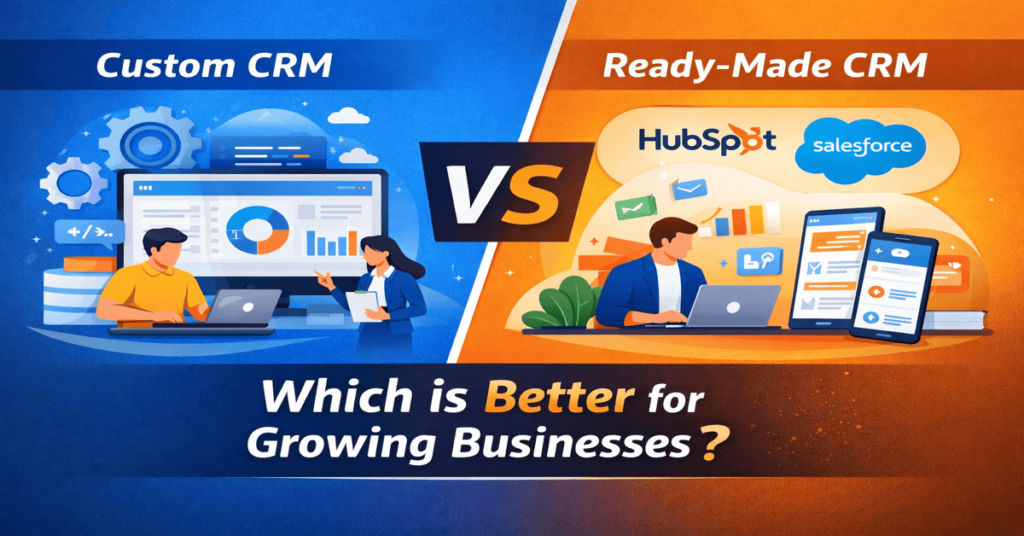
In today’s ultra-competitive, digital-first business environment, establishing a strong foothold in the market is no longer just about offering a great product or service. Success now hinges on delivering seamless, data-driven, and highly personalized customer experiences. That’s where Customer Relationship Management (CRM) systems step in—not as a luxury, but as an absolute necessity.
CRM tools are not just about managing contacts; they are central to a company’s digital transformation. They empower businesses to connect customer touchpoints, streamline operations, and future-proof growth strategies. Below are key reasons why integrating a CRM is essential for any business undergoing digital transformation.
1. Centralizing Customer Information
A modern CRM system acts as a single source of truth for all customer data. By centralizing information from multiple channels—such as sales, support, and marketing—CRMs ensure every department has instant access to up-to-date, comprehensive customer profiles. This unified view empowers teams to collaborate seamlessly, make data-driven decisions, and deliver consistent experiences at every touchpoint. However, to fully realize this benefit, organizations must address challenges around data migration and integration early in the process. Investing in robust data governance and integration strategies ensures that your CRM remains reliable and actionable as your business grows
2. Personalizing Customer Experiences

Personalization is the new standard for customer engagement in 2025. CRM platforms leverage advanced analytics and artificial intelligence to track customer behaviors, preferences, and purchase history. This enables businesses to tailor communications, offers, and services to each individual—boosting satisfaction, loyalty, and conversion rates. With a well-implemented CRM, your team can automate personalized follow-ups, segment audiences for targeted campaigns, and anticipate customer needs before they arise. The result is deeper relationships and a competitive edge in a crowded market.
3. Streamlining Sales and Marketing Alignment
Digital transformation demands tight alignment between sales and marketing teams. A CRM bridges this gap by providing a shared platform for tracking leads, monitoring campaign performance, and analyzing customer journeys. Sales and marketing can collaborate in real time, ensuring no opportunity slips through the cracks and that messaging remains consistent across channels. With all interactions and metrics centralized, teams can quickly identify what works, optimize their strategies, and accelerate revenue growth. Addressing integration and workflow challenges during CRM setup is key to unlocking this synergy
4. Boosting Operational Efficiency

Operational efficiency is at the heart of digital transformation. CRMs automate repetitive tasks, standardize workflows, and reduce manual errors—freeing up valuable time for your team to focus on high-impact activities. Features like automated lead assignments, task reminders, and workflow triggers streamline processes from lead capture to post-sale support. This not only reduces administrative overhead but also improves accuracy and responsiveness. To maximize these gains, organizations should prioritize seamless integration of CRM workflows with existing business processes and invest in ongoing user training
5. Enhancing Customer Service and Support
There is one major area that firms apply digital transformation – to improve customer service and support. CRM is used in customer communication where their concerns are documented, potential complaints observed and responded to as early as possible. This will ensure that the response to customers’ requests and their complaints is accelerated and that customer satisfaction is realized as well. For instance, problems connected with training users and determining the settings for the implementation of the CRM system can be solved; hence, businesses will be able to use CRM as a tool to enhance their service offer.
6. Future-Proofing Your Business
Exceptional customer service is a major differentiator in the digital era. CRM systems enable businesses to track every customer interaction, log support tickets, and monitor response times. This comprehensive record-keeping allows support teams to resolve issues faster, anticipate recurring problems, and proactively reach out to customers. Automated alerts and knowledge bases further enhance service quality, while analytics help identify trends and areas for improvement. Ensuring your team is well-trained on CRM features and workflows is crucial for delivering consistently excellent support
Conclusion
CRM is the core of any organization’s digitalization strategy focusing on tools for unification of customer data, the possibility of personalization, the main organization of sales and marketing strategies, and increasing the effectiveness of operational activities. Hindrances of the journey may prevail but an effective CRM implementation planning and managing issues of implementing CRM will lead to the successful change. With solutions such as Weatherseal CRM being able to accommodate the company’s need for change, businesses can manage the digital environment by providing long term solutions.
For more insights about CRM visit MarTech Panthers.
📩 Want to fix your automation? Let’s talk.
📞 Call us: +91 9762910165
📧 Email:info@martechpanthers.com
🌐 Visit: https://martechpanthers.com/



